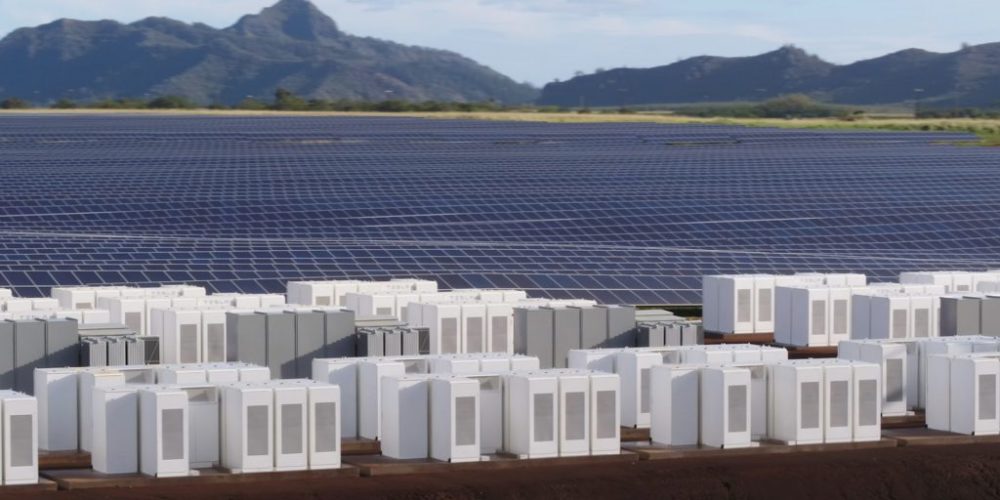In August Solar Energy Corporation of India (SECI) had invited bids to set up an aggregate 1,200 MW of capacity with Inter-State Transmission System (ISTS)-connected wind/solar/wind-solar hybrid projects, along with energy storage, throughout India. The projects—to be developed on a ‘build-own-operate’ basis—will be awarded through an e-bidding process, followed by a reverse auction.
A single RE developer can bid for any capacity from 50 MW to 600 MW, quoted only in multiples of 10 MW.
SECI shall enter into power purchase agreements (PPAs) with the successful bidders for a period of 25 years. Tariff payable to the selected developers for the entire PPA duration shall comprise both off-peak and peak tariffs—fixed at a flat rate for energy generated during off-peak hours and tariff discovered through e-reverse auction for energy generated during peak hours.
For energy storage systems, developers are allowed to use any of the battery, pumped, mechanical and chemical technologies, or combinations thereof. Irrespective of the energy storage technology chosen, the projects—solar, wind or a combination thereof—are expected to supply power for a minimum of six hours per day during periods of peak demand.
Major amendments
Renewable energy projects can now be set up in sizes of minimum 50 MW and maximum 600 MW, as against 50 MW to 300 MW previously.
Further, in order to meet the peak power supply criteria, developers can install minimum rated capacity of the energy storage system equal to half the awarded project capacity. For example, in case the contracted capacity of a project is 100 MW, the minimum rating of the energy storage system installed shall be 50 MWh.
Off-peak tariff payable to the developer stands increased to Rs2.88/KWh from Rs2.70/KWh earlier.
There is relaxation in the declared annual capacity utilization factor too, which is now minimum 35% as against 40% or 3.504 million units per MW previously.
This content is protected by copyright and may not be reused. If you want to cooperate with us and would like to reuse some of our content, please contact: editors@pv-magazine.com.









By submitting this form you agree to pv magazine using your data for the purposes of publishing your comment.
Your personal data will only be disclosed or otherwise transmitted to third parties for the purposes of spam filtering or if this is necessary for technical maintenance of the website. Any other transfer to third parties will not take place unless this is justified on the basis of applicable data protection regulations or if pv magazine is legally obliged to do so.
You may revoke this consent at any time with effect for the future, in which case your personal data will be deleted immediately. Otherwise, your data will be deleted if pv magazine has processed your request or the purpose of data storage is fulfilled.
Further information on data privacy can be found in our Data Protection Policy.